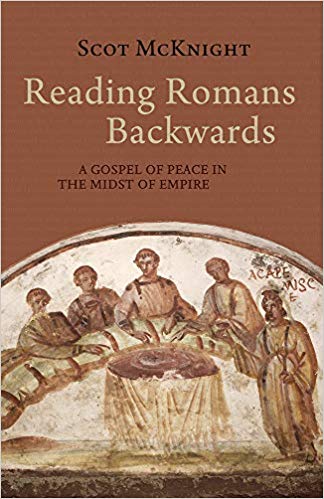BEN: You begin your book by properly introducing us to Phoebe the deacon. I find your presentation right on target, but if you are correct, then an awful lot of the readers, modern and ancient of what the Pastoral Epistles say about deacons simply being males, husbands of one wife etc., must surely be wrong, at least in terms of exclusivity. Explain why you think diakonos has a technical and religious sense in Rom. 16, and how would you reconcile that with what 1 Tim. 2-3 has often been thought to insist on in terms of males and ministry.
SCOT: Ben, you are an expert on all things about women in the 1st Century so I will seek to answer it as I see it. You may well want to add more. First, the terms used for Phoebe are “sister” and “deacon” and “benefactor” (NIV 2011) … these strike me as reasonably known terms for specifics: siblings in Christ, patron of the Pauline mission, and then we get to deacon. The term can be general (servant, serving, etc) or it could be more specific, and refer to what we call today the “office,” as in 1 Tim 3. In light of Phil 1:1, where “deacon” is a specific kind of ministry/office.
In the Pastorals I would say this as important logically: Paul does not specify that only males can be deacons/overseers. He does not say overseers/deacons can only be males. He never says that. He assumes they are males but an assumption is not the same as direction. If one can say a “deacon” has to be a male because only male gender is used in 1 Tim 3, then I can say “well, yes, but Phoebe is a deacon in Rom 16, so Paul must not be assumed to be directing them only to have male deacons.”
On 1 Tim 2 and women… I’ll not even attempt to discuss this here (I have a discussion in my book The Blue Parakeet) except to say that I believe with Keener that the restriction applied only to untaught women, who were probably widows. [And I agree as I say at length in my Letters and Homilies for Hellenized Christians Vol. One].












